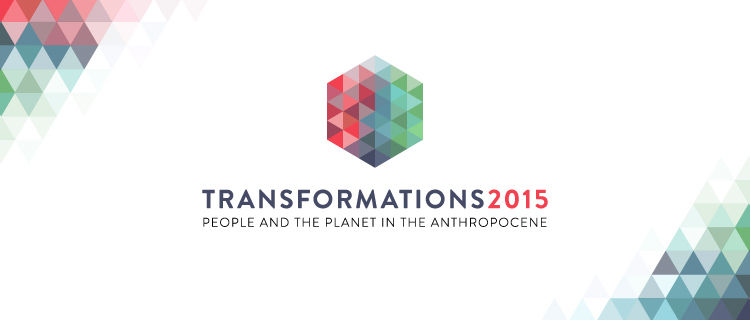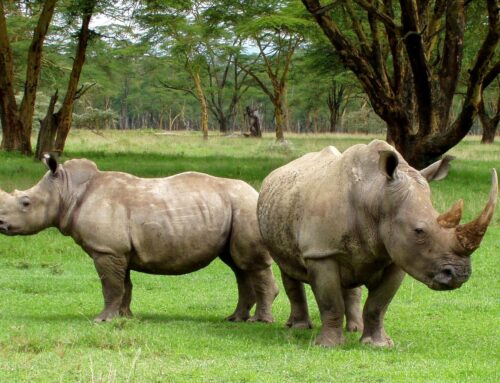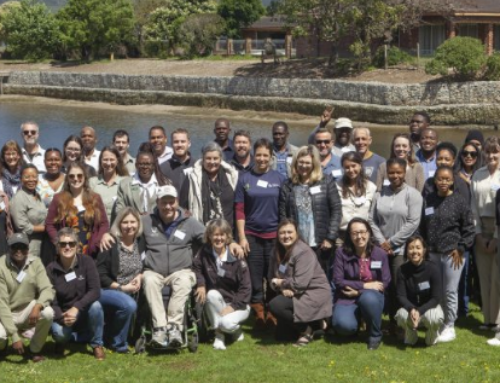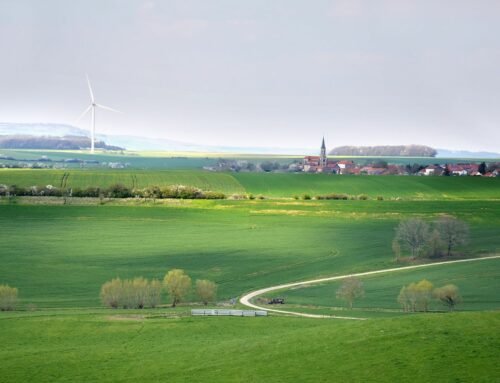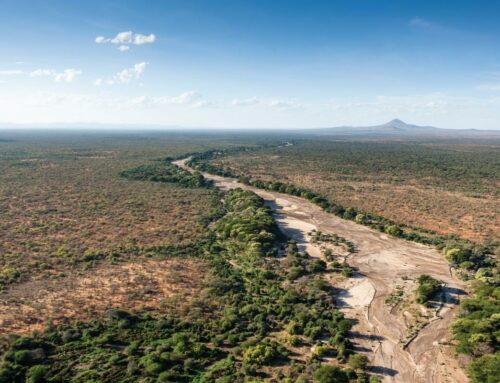The Stockholm Resilience Centre will host the conference Transformations2015 in Stockholm, Sweden 5-7 October 2015. For more information, visit the conference website.
Transformations are often discussed as necessary to achieve a just society that thrives within planetary boundaries. The conference Transformations2015 will focus on transformations towards sustainability: the challenge of solving problems in the Anthropocene and creating conditions for good lives for people, today and in the future, while strengthening Earth’s life support system.
Located in Stockholm, the conference will gather people from various disciplines around the world to share cutting-edge research on transformations to sustainability, and through a Science MashUp explore the research frontiers in this developing field. Transformations2015 aims to build a better understanding of large-scale systemic changes and fundamental redirections in people-planet relationships that can have an impact at scales that match the challenges of the Anthropocene. During the conference the participants are invited to critically examine whether the solutions (including both technological and social innovations and sustainability initiatives) currently promoted by various change agents to deal with the challenges of sustainable development contribute to the large-scale transformations that humanity needs or whether they reinforce current unsustainable pathways.
As a complement to the scientific endeavour, Transformations2015 also seeks to provide a creative space, Transformation Labs (TLabs), for a broader set of actors outside of academia, such as innovators, business, entrepreneurs and policy makers to co-create knowledge and co-design solutions within specific problem domains, such as food systems or sustainable cities.
Science MashUp
The Science MashUp is an opportunity for researchers from diverse disciplines and backgrounds, who have studied sustainability transformations through different lenses, to share and discuss analytical approaches and insights on transformative change, and together identify the research frontiers in this field.
The four sub-themes of the Science MashUp are:
– Patterns of transformations will focus on what transformative change means in the Anthropocene. Questions to be considered include: what are the necessary changes in interactions between key variables for sustainable development, including on the one hand personal, cultural, political and institutional factors and on the other hand ecological ones? How do transformation processes unfold in different types of systems?
– Scaling up for transformative impact will focus on factors for fundamentally changing human-environmental interactions and feedbacks. Understanding scaling – that is, how and under which conditions new ideas, experiments and initiatives can have large-scale, systemic impacts – is key in this regard. The conference will explore how innovations that seems promising on a local or micro scale can continue to benefit both people and the planet as they are scaled up.
– The role of change agents in sustainability transformations will focus on the role of individual agency and networks in driving transformative processes. Discussions will consider questions surrounding the strategies and skills that change makers use, the actors that operate in the space to match the solutions to the scale of the problems, opportunity contexts, and the networked innovation process.
– New and emerging approaches for studying sustainability transformations will involve discussions about new types of research methods and approaches that will be needed to improve understanding about the sub-themes above, how they differ from current modes of research, and can more effectively advance understanding about transformation and facilitate change.
TLabs
The conference will also involve a set of Transformation Labs (TLabs) that will focus on a few selected problem domains, such as food systems or urban development. TLabs are spaces for exploring the interface between social, technological and ecological systems. They will enable invited change-makers, such as social entrepreneurs, academics, design thinkers, policy makers, business representatives, artists and others, to co-design initiatives to urgent sustainability challenges.
The TLabs will harness experiences and insights from these people involved in ongoing sustainability experiments and initiatives around the world. This way the change-makers will help explore solutions for a good Anthropocene that can reconfigure the existing human-environment interactions in ways that can create systemic change for a better future.


